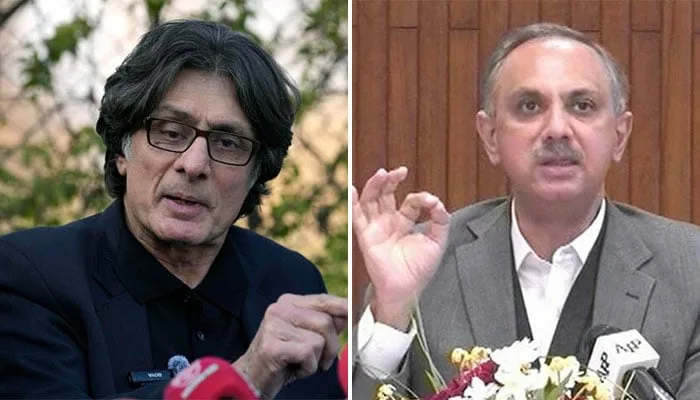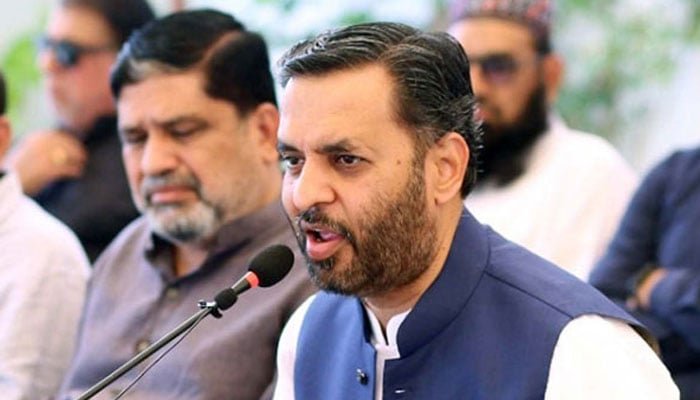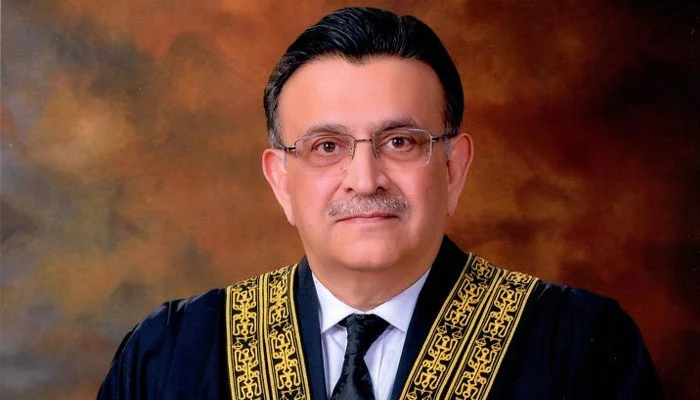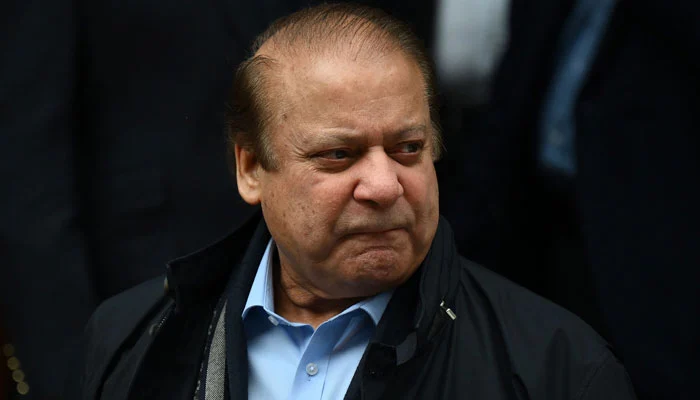The political landscape of Pakistan has seen a significant development as Umar Ayub, Leader of the Opposition in the National Assembly, and Rauf Hasan, spokesperson of Pakistan Tehreek-e-Insaf (PTI), have articulated their position regarding potential negotiations with the Pakistan People’s Party (PPP), Muttahida Qaumi Movement (MQM), and Pakistan Muslim League-Nawaz (PML-N). This comes amidst the backdrop of PTI granting Mahmood Khan Achakzai, leader of the Pashtun Khawa Milli Awami Party, the authority to engage in political dialogues.
Clear Stance on Negotiations
Umar Ayub and Rauf Hasan clarified that while Mahmood Khan Achakzai has been empowered to negotiate from the platform of the alliance, this move should be seen as his independent choice. PTI has delineated its boundaries, emphasizing that Achakzai’s negotiations will not affect PTI’s own stance unless fully discussed and agreed upon within the party.
Ayub accused the PML-N, PPP, and MQM of being involved in what he termed the “London plan,” alleging that this strategy aimed at plundering Pakistan’s resources. This accusation underscores the deep mistrust and political rivalry existing between PTI and these parties.
Empowerment of Mahmood Khan Achakzai
PTI’s decision to grant Mahmood Khan Achakzai full authority to negotiate with other political leaders signifies a strategic move to facilitate broader political discussions. Sources indicate that Achakzai will have the mandate to engage with political leaderships, though these engagements will be preceded by thorough consultations on the terms and procedures of such negotiations.
This empowerment was confirmed by PTI leader Intizar Panjotha, who, in an interview on Geo News’ program “Aaj Shahzeb Khanzada,” stated that the request for negotiations initiated by Achakzai was approved by PTI’s founder. Panjotha emphasized that any decision by Achakzai to engage with PML-N and PPP will be contingent on taking PTI into confidence, ensuring that the party’s interests and perspectives are safeguarded.
Historical Context and Future Implications
The recent developments follow a pattern of strained relationships between PTI and the ruling coalition parties, including PPP, PML-N, and MQM. Umar Ayub’s criticism of the PDM2 government, accusing it of ruining the people, reflects PTI’s persistent opposition stance. This historical context is crucial in understanding the cautious approach PTI is taking towards any potential negotiations.
The decision to involve Mahmood Khan Achakzai as a mediator is seen by many political analysts as a pragmatic step. Achakzai’s involvement could potentially open channels of communication that may lead to a de-escalation of political tensions. However, the conditions set by PTI indicate that the party remains vigilant about maintaining its political ideology and objectives.
Strategic Political Maneuvering
PTI’s move to authorize Achakzai could also be interpreted as a strategic maneuver to place the responsibility of initial negotiations on a respected yet independent leader. This allows PTI to gauge the political climate and responses from other parties without committing itself prematurely.
By positioning Achakzai as an intermediary, PTI can maintain a flexible stance, adapting its strategies based on the outcomes of these preliminary discussions. This approach could provide PTI with critical insights into the political strategies and intentions of PML-N, PPP, and MQM, enabling it to formulate more informed and strategic responses.
The recent developments involving PTI, led by Umar Ayub and Rauf Hasan, and their approach towards negotiations with PPP, PML-N, and MQM, mark a significant phase in Pakistan’s political scenario. The empowerment of Mahmood Khan Achakzai as a negotiator reflects a strategic and cautious approach by PTI, aiming to explore potential political alliances and discussions without compromising its core values and objectives.
As Pakistan navigates through its complex political landscape, the outcomes of these negotiations, and the role of Achakzai as a mediator, will be closely watched. PTI’s strategic flexibility, coupled with its clear boundaries, exemplifies a nuanced approach to political engagement, potentially paving the way for a more collaborative and less confrontational political environment.



